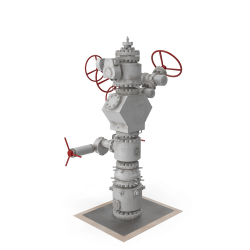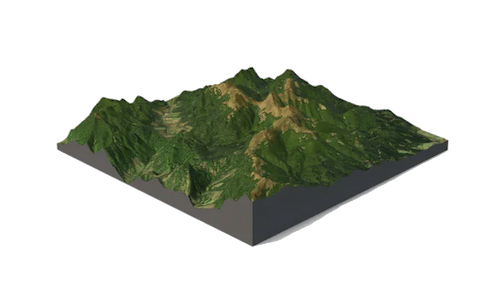We are
- Land
- Marketing
Experts
Welcome to Data Land Consulting, LLC.
Established in 2007, our Mission is “to help our client’s competitiveness by providing valuable and accurate information.”
With a network of multi-disciplinary experts in land, web-based software and marketing our vision is simply “to become a trusted integrator for the companies in the energy industry.”










Leasehold Negotiation and Acquisition
From a tract to a whole play

Strategic Asset Protection

FROM DUE DILIGENCE TO ACQUISITION OF ADJACENT PRODUCING AND NON PRODUCING PROPERTIES
Mineral, Royalty and Leasehold Title Research
FROM RESEARCH, ACQUISITION, MANAGEMENT TO PACKAGING FOR SALE
Partnering with your people to Maximize results

WE WORK WITH ENGINEERS TO PROVIDE OPPORTUNITIES FOR MAXIMIZATION
INFORMATION SYSTEMS INTEGRATION

WE HELP YOU TO STREAMLINE YOUR SOFTWARE SYSTEMS
B2B Web Design

WE OPTIMIZE YOUR WEB PRESENCE
BRANDING & SEO

WE HELP YOUR BRAND TO THRIVE
Our goal
Is to help our clients create a valuable foundation for their Oil & Gas Assets
From land management to marketing.
All these solutions are focused on creating a whole personality and value for shareholders and prospect buyers.

With more than 14 years
of aggregated experience we have delivered continuous development of solutions and results.




